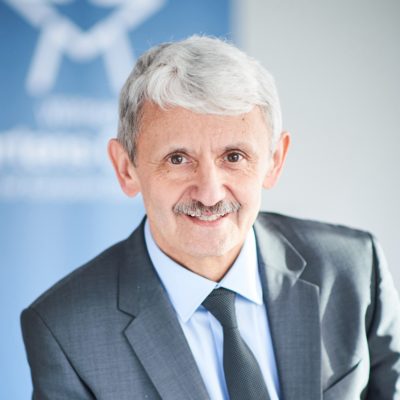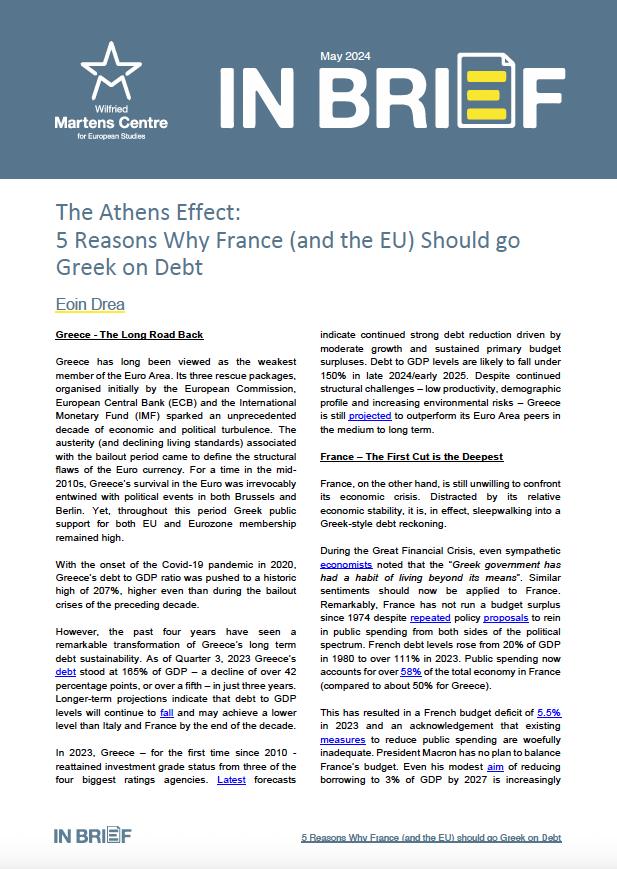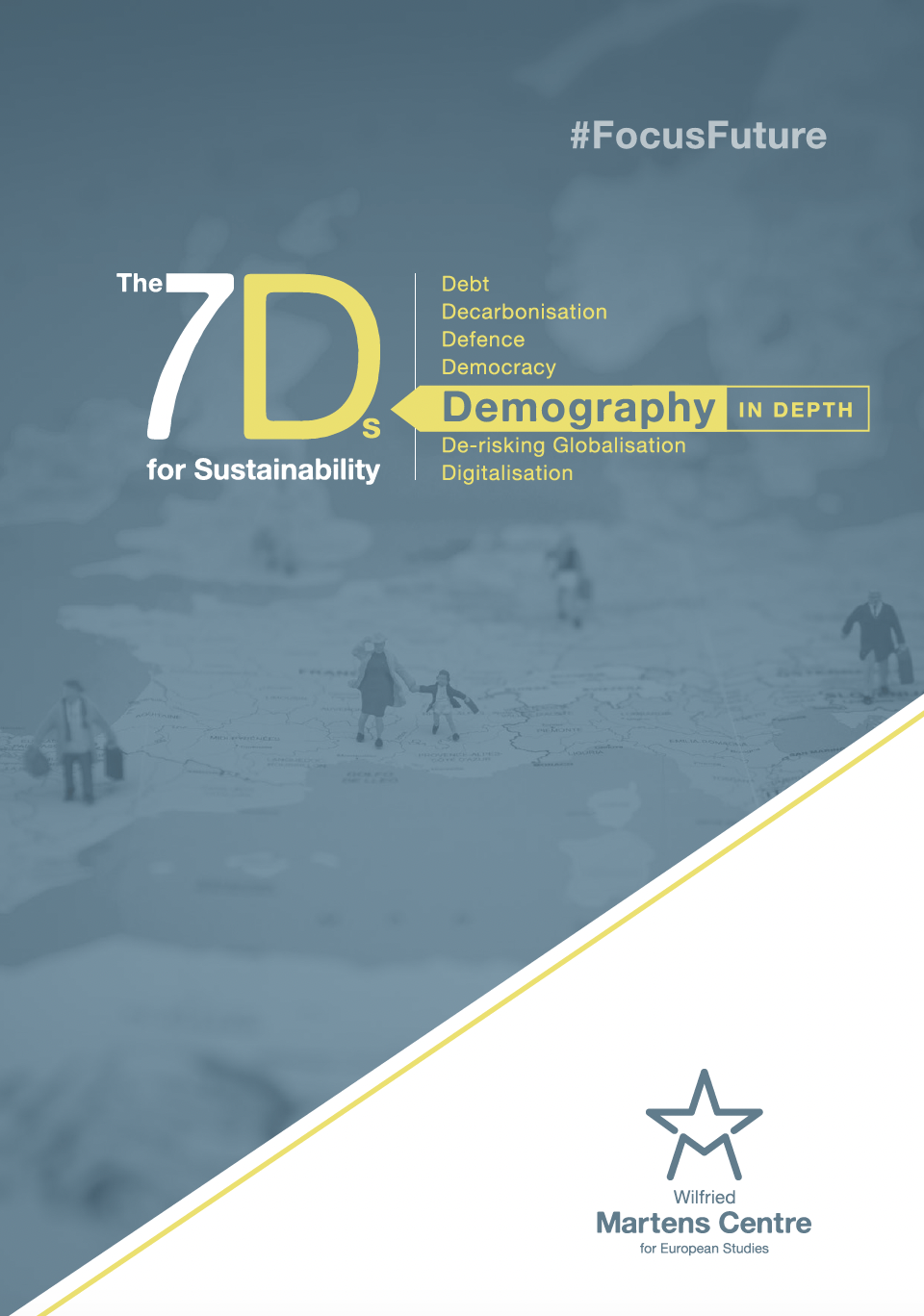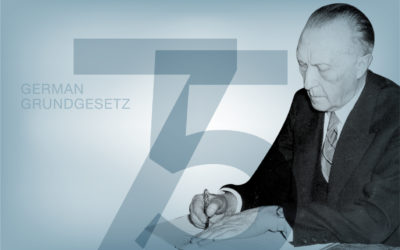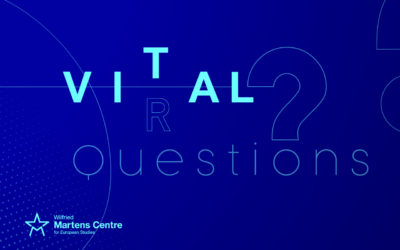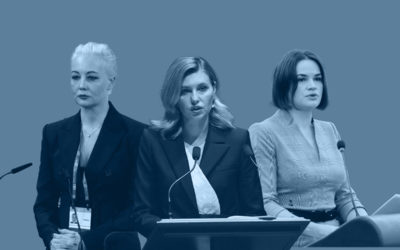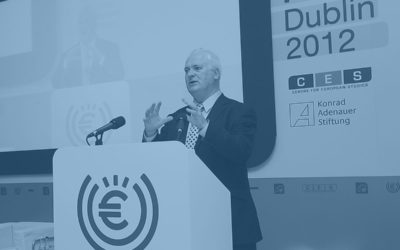The Big Bang Enlargement at 15: lessons learned vs lessons applied
30 April 2019
On the 1st of May 2004, the EU was enlarged by eight post-communist countries along with Malta and Cyprus. Today, we are quite obviously asking a number of questions: what has this massive European enlargement brought to these countries? And, on the other hand, how and in what way have the new member states enriched the EU?
We should also ask what mistakes should be avoided in the future because, while the vision of Europe ‘whole, free and at peace’ has not yet been fulfilled, we are already facing the phenomenon of an East-West divide within the EU itself.
These days my country Slovakia is taking stock of the first fifteen years of its merge with the West. This is happening just before the European elections, and, since January, I have held discussions with Slovak secondary school and university students, looking together with them for answers to the questions raised above.
Slovakia is an ice-hockey obsessed country, so I borrowed ice-hockey parlance to assess my country’s membership of the EU, and I divided this fifteen-year period into three thirds.
The first third: Honeymoon with the West
In May 2004, the weather during the ceremony in Dublin was beautiful; the Slovak national flag was raised on one of the 25 flagpoles in the garden of the Irish President’s residence. It seemed as though the fair weather boosted our conviction that the future would be similarly cloudless. And, for a few years, this was indeed the case.
Enlargement euphoria and the strong desire to emulate the West of Europe encouraged us to pursue deep structural reforms that transformed Slovakia into one of the economic leaders in the region. This great commitment to changing the country was completed through joining the Eurozone in 2009.
Our strong ‘drive to score’ was also carried over into foreign policy, culminating with the Bush-Putin Summit held in 2005 in Bratislava. EU membership had consolidated our democracy and brought stability and prosperity to Slovakia, the region, and also the EU.
The second third: Awakening
Despite these auspicious beginnings, we soon woke up to the realisation that in this newly-united Europe we would not always be blessed with ‘good weather’. The first clouds had already started to gather right when Chancellor Schroeder’s government signed-off on an agreement with Russia to build the Nord Stream II pipeline.
No regard was taken of the fact that the capacity of the existing pipeline leading through the CEE countries was more than sufficient. Later on, we would have to endure further storms, like the aftermath of the global financial crisis.
The bailouts to Greece, granted in order to keep it in the Eurozone, were painful for us, the new member states. I did not understand the pressure exerted on us by the leaders of certain older member states, who failed to recognise the consequences of harsh economic reforms and structural changes in the post-communist countries.
From one day to the next, we were asked to comply with the same demands as older and significantly richer member states. Just as we had managed to overcome our own existential difficulties, we instantly became embroiled in the existential difficulties of others – difficulties we had no part in causing.
Not infrequently, the leaders of the CEE countries felt that when it came to serious decisions they were simply expected to play along, without being given a chance to influence those decisions in a more substantial way. This is how it played out in the case of the Greek loan facility, or in the case of the already mentioned North Stream II.
The third third: Disenchantment
The developments of recent years tied to migration flows have shown that these new member states are neither ready, nor willing to bear this common burden, or to put forward solutions. This status quo has no future and must be changed. The CEE countries must learn to better understand the solidarity principle.
At the same time, older and more cosmopolitan countries must learn to better understand the completely different historical experience and degree of social conservatism that exists in this part of Europe.
There are too many misunderstandings and too little real dialogue in the EU today, especially between East and West. There cannot be real dialogue if we do not acknowledge and respect of each other’s culture and history.
An important takeaway drawn from the current climate of disenchantment in Europe has been the realisation that establishing a democracy is not a one-off event, it is an ongoing project that must be protected and nurtured each day.
It is true that this does not apply only to Visegrad countries. Populism and extremism are also gaining a foothold in Europe’s advanced democracies. Therefore, the EU needs to become a true federation combining a strong but limited centre with strong members states.
That said, there may also be light at the end of the tunnel for Slovakia. The squares crowded with people after the murder of journalist Ján Kuciak and his fiancée brought down the prime minister and re-activated civil society, as well as mobilising the political participation of young people.
Recently elected to the presidential office in Slovakia is a civil activist who managed to stand her ground against evil and prevailed against the odds. This trend must be fostered and encouraged by putting forward a new, attractive and forward-looking vision for the whole of the EU.
I am convinced that such a vision has the potential to inspire and motivate us in the same way I was inspired by the vision of a Europe “ whole, free and at peace” in 1998. That year, I rode my bike across the country in the name of such a vision, calling on my fellow citizens to join me on the journey.
I still remember how distant this vision seemed to me then, but the undying belief in that vision brought change to Slovakia – change for the better. In an era of similar challenges, the time has come to set out on a similar journey once again.
ENJOYING THIS CONTENT?


